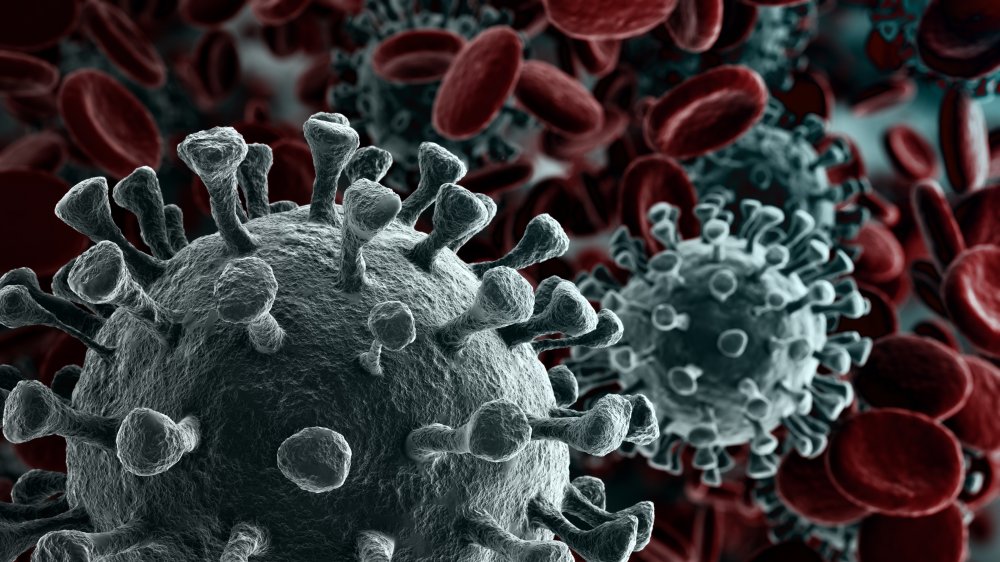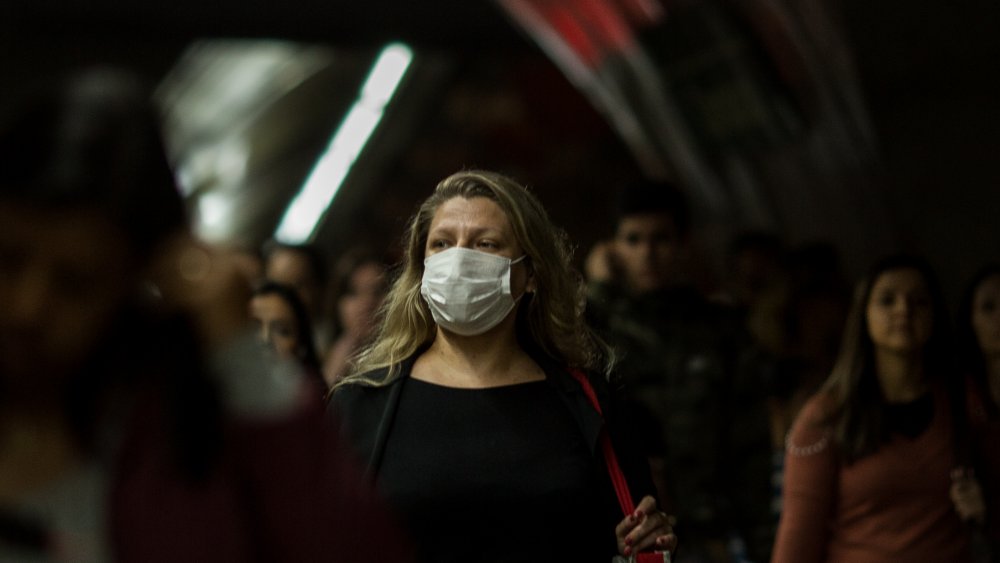How To Prepare Yourself For A U.S. Coronavirus Outbreak
Ok, wow, yeah. So, the coronavirus. At this point, we all know that the new, ongoing strain of the virus originated in the Chinese city of Wuhan, and has been making appearances in several other countries ever since. As the BBC tells us, as of February 27, the Covid-19 strain has already established beachheads in Italy (400 reported cases and 12 deaths), Iran (139 cases and 19 deaths within last seven days) and South Korea (over 1,200 infections and 12 deaths), and an ever-increasing number of countries are reporting smaller outbreaks. The International Olympic Committee might have to cancel the Olympics because of the situation. Oh, and as an icing on the awfulness cake, the outbreak has also caused a nasty wave of anti-Asian racism.
Fortunately, there are some minor silver linings. As the Guardian notes, we're not exactly dealing with a pandemic at this point. Still, while there's no reason to start Googling how to build apocalypse shelters just yet, this is a virus that has affected an estimated 80,000 people around the world and killed 2,663 people in mainland China alone. That doesn't seem like something humanity should ignore, and the WHO has indeed classfied Covid-19 as a "public health emergency of international concern." The mortality rate of Covid-19 is somewhere around two percent, and there's no telling just how contagious it is until more data trickles in. What's more, there's a chance that there'll be an outbreak in the U.S. as well. So, what should we do to protect ourselves?
Keep calm and carry on
Yes, you read that right. According to the New York Times, that's precisely what infectious disease expert Dr. Marguerite Neill of Brown University recommends as the official "mantra" of the situation: "Keep calm and carry on." To be fair, federal health officials have issued a warning that the coronavirus is "likely to appear" in U.S., but experts say that the same kind of common sense you use to avoid the flu is precaution enough. This includes washing your hands properly and frequently, covering your mouth with your elbow when you cough or sneeze (if you use a hand, the germs just spread on the surfaces you touch), and keeping your home clean.
If someone starts coughing or sneezing in your vicinity, don't hesitate to move to the general direction of "away." Oh, and those face masks you may have seen in the news? Sure, they work a bit, but only if they're super-effective N95 masks. Flimsy surgical masks and whatnot are only effective if you're the one who's infected, so ... yeah.
What if the worst happens?
In case the excrement hits the fan and an outbreak does occur in your area, experts have some practical advice for you. You might want to stock up with supplies, follow your local health department's website for up-to-date news, and get your vaccination game up to date — pneumonia vaccinations for children, and flu vaccinations to everyone applicable. This is important because the coronavirus might damage a person's lung cells and subject them to pneumonia, and also because the less people are whining about regular seasonal flu at a time of crisis, the more resources your local health care can devote to treating the Covid-19 outbreak.


